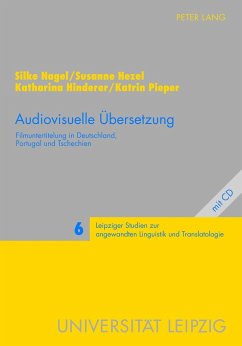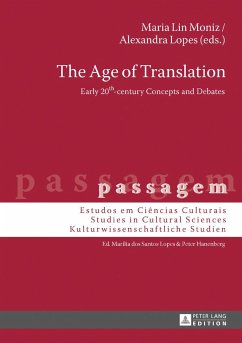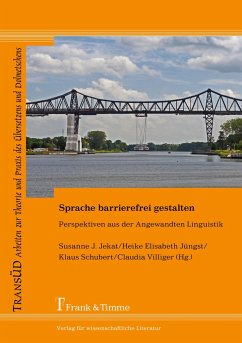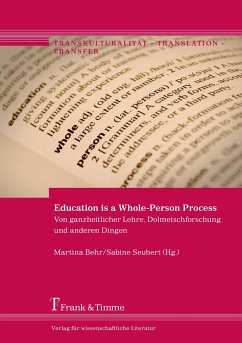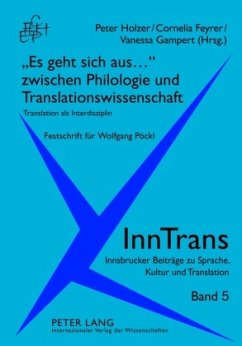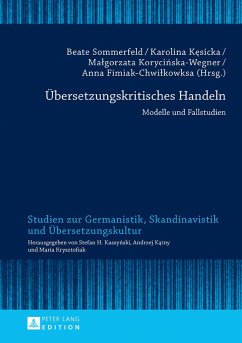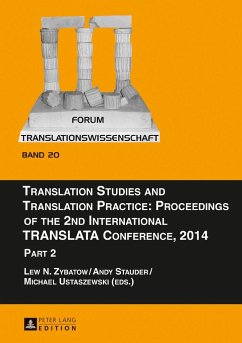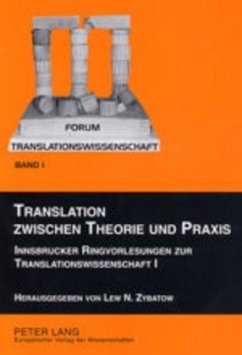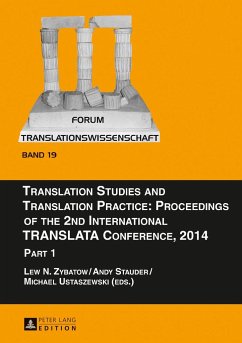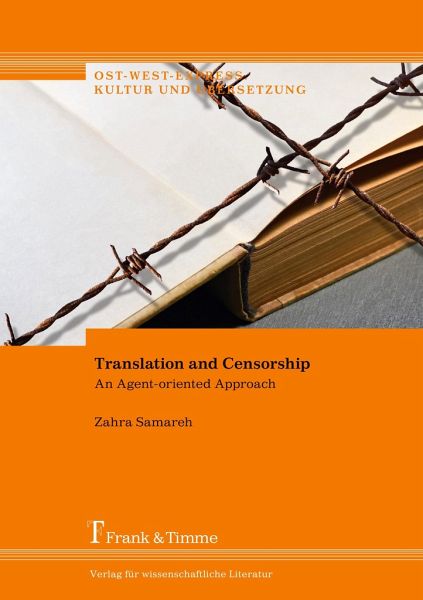
Translation and Censorship
An Agent-oriented Approach

PAYBACK Punkte
0 °P sammeln!
Working with the concept of censorship in Translation Studies is working with a (political) term that does not bring order to our field of study. Translation inseparable from various constraints offers the theoretical possibility of being equated with censorship. How can translation, as a process and a product that essentially functions as a complex network of exclusions and inclusions, be studied distinctively in relation to censorship - i. e. in relation to a similar complex network? What is the added value of ascribing different names to these two complex networks of exclusion and inclusion...
Working with the concept of censorship in Translation Studies is working with a (political) term that does not bring order to our field of study. Translation inseparable from various constraints offers the theoretical possibility of being equated with censorship. How can translation, as a process and a product that essentially functions as a complex network of exclusions and inclusions, be studied distinctively in relation to censorship - i. e. in relation to a similar complex network? What is the added value of ascribing different names to these two complex networks of exclusion and inclusion? Beyond external regulations and text-bound clues, agony and irritation are to be sought. These combined with a state of forlornness make the violence of censorship differentiable as such.




